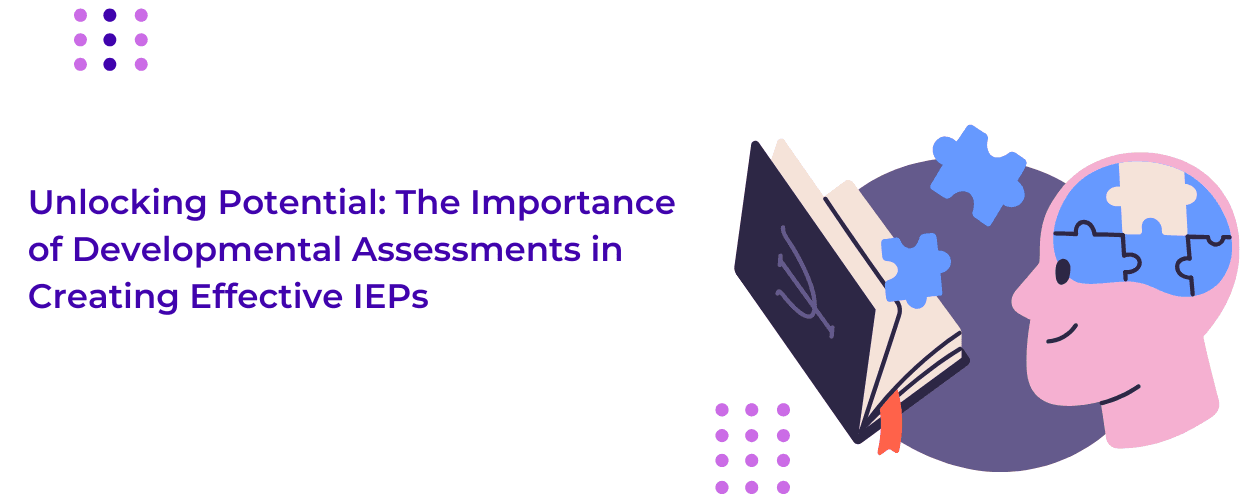As we commemorate World Alzheimer’s Day in 2023, it is crucial to shed light on a growing concern that affects millions of people worldwide. As our population ages, the prevalence of Alzheimer’s disease and other forms of dementia is on the rise. This day serves as a reminder of the importance of raising awareness, providing support, and promoting early detection and prevention of this debilitating condition.
What Is Dementia?
Dementia is a broad term that encompasses various cognitive impairments characterized by a decline in memory, thinking, communication, and the ability to perform everyday activities. Alzheimer’s disease is the most common form of dementia, accounting for approximately 60-80% of all cases. Other types of dementia include vascular dementia, frontotemporal dementia, and Lewy body dementia.
Symptoms of Dementia:
The symptoms of dementia can vary depending on the type and stage of the disease, but some common signs to look out for include:
Memory Loss: Forgetfulness, particularly of recent events or important dates.
Difficulty with Language: Struggling to find words or understand and express thoughts.
Impaired Judgment: Poor decision-making and difficulty planning or organizing.
Disorientation: Getting lost in familiar places or losing track of time.
Decreased Motor Skills: Difficulty with coordination and completing routine tasks.
Changes in Behavior and Personality: Mood swings, agitation, and personality changes.
Withdrawal: A tendency to isolate oneself from social activities and responsibilities.
Early Identification of Dementia:
Detecting dementia in its early stages can significantly improve the quality of life for affected individuals and their families. Here are some steps to help identify dementia early:
Regular Health Check-ups: Schedule routine medical check-ups, especially if you or a loved one is over the age of 65, to monitor cognitive function.
Recognize Warning Signs: Be aware of the common symptoms of dementia and seek medical advice if you notice any concerning changes.
Memory Screening: Participate in memory screenings, which can be valuable in identifying cognitive decline.
Family History: If dementia runs in your family, discuss this with your healthcare provider, as genetics can play a role in some cases.
Cognitive Assessments: Doctors may conduct cognitive assessments to evaluate memory, problem-solving, and language skills.
If any of the above symptoms are seen in your loved ones above the age of 60 don’t forget to get a cognitive evaluation besides a physical health check.
Simple Tips for Dementia Prevention
While there is no guaranteed way to prevent dementia, several lifestyle choices may reduce the risk and promote brain health:
Stay Physically Active: Regular exercise improves blood flow to the brain and may reduce the risk of cognitive decline.
Maintain a Balanced Diet: Eat a diet rich in fruits, vegetables, whole grains, and healthy fats, while limiting sugar and saturated fats.
Engage in Mental Stimulation: Keep your mind active through activities like puzzles, reading, learning new skills, or taking up a new hobby.
Socialize: Stay socially connected to reduce feelings of isolation and depression, which can be risk factors for dementia.
Manage Chronic Conditions: Control conditions like diabetes, high blood pressure, and high cholesterol to protect your brain health.
Get Quality Sleep: Aim for 7-9 hours of restful sleep each night to support cognitive function and memory consolidation.
Conclusion:
On World Alzheimer’s Day 2023, let us join hands to raise awareness about dementia, particularly Alzheimer’s disease, and emphasize the importance of early detection and prevention. By understanding the symptoms, recognizing warning signs, and adopting a brain-healthy lifestyle, we can take significant steps toward reducing the impact of dementia on our aging population. Together, we can strive for a world where individuals with dementia and their families receive the support and care they deserve.






